Discover Marketplace
Marketplace

Marketplace
Author: Marketplace
Subscribed: 60,497Played: 4,939,623Subscribe
Share
© Copyright 2025 Minnesota Public Radio
Description
Every weekday, host Kai Ryssdal helps you make sense of the day's business and economic news — no econ degree or finance background required. "Marketplace" takes you beyond the numbers, bringing you context. Our team of reporters all over the world speak with CEOs, policymakers and regular people just trying to get by.
232 Episodes
Reverse
While markets are mellowing a bit, three major stock indexes closed at record highs on Thursday. Reminder: The stock market is not the economy! But it still can tell us how investors — and by association, high-income Americans — are feeling about the future. In this episode, who wins when the stock market performs well. Plus: Old MacDonald has a ... drone? And we check-in with three retailers around the U.S. about the holiday shopping season.Every story has an economic angle. Want some in your inbox? Subscribe to our daily or weekly newsletter.Marketplace is more than a radio show. Check out our original reporting and financial literacy content at marketplace.org — and consider making an investment in our future.
Federal Reserve Chair Jay Powell’s latest presser was all about the job market. Buried among the usual talking points, like hiring sentiment and the unemployment rate, was immigration. That’s because the current administration’s immigration policies are complicating Fed measures of labor market health. In this episode, falling immigration turns jobs data on its head. Plus: Robust economic growth comes without typical job creation, U.S.-China trade tensions cool, and one company teaches AI to sort your trash.Every story has an economic angle. Want some in your inbox? Subscribe to our daily or weekly newsletter.Marketplace is more than a radio show. Check out our original reporting and financial literacy content at marketplace.org — and consider making an investment in our future.
The Federal Reserve cut its key interest rate Wednesday by a quarter point. That’s pretty much what analysts expected. But in other parts of the world, central banks have been signaling that they plan to hold rates steady or even hike them. In this global economy, why is the U.S. out of step? Also in this episode, we hear the pros and cons of quarterly earnings reports, check in on a union-run pipefitting apprenticeship and dig into why wage growth has slowed.Every story has an economic angle. Want some in your inbox? Subscribe to our daily or weekly newsletter.Marketplace is more than a radio show. Check out our original reporting and financial literacy content at marketplace.org — and consider making an investment in our future.
When revenue grows, hiring grows — usually. But in November, retail sector job cuts were up nearly 140% year over year, according to outplacement firm Challenger, Gray & Christmas, in spite of strong consumer spending. What gives? Mostly, more automation. Also in this episode: Medium-term bonds send hints about Fed interest rate decisions, an AI bubble burst will come with new jargon, and small business owner optimism is up.Every story has an economic angle. Want some in your inbox? Subscribe to our daily or weekly newsletter.Marketplace is more than a radio show. Check out our original reporting and financial literacy content at marketplace.org — and consider making an investment in our future.
We now know some details about the Trump administration’s promised agricultural relief package. Central to the plan is billions in one-time payments to U.S. farmers, who have been hurting under new trade policies and rising equipment costs. Is it enough? Also in this episode: What FOMC members are likely contemplating ahead of this week’s meeting, who will be most hurt by rising ACA health insurance premiums, and why home builders overestimated new construction demand in 2025.Every story has an economic angle. Want some in your inbox? Subscribe to our daily or weekly newsletter.Marketplace is more than a radio show. Check out our original reporting and financial literacy content at marketplace.org — and consider making an investment in our future.
Small business owners know affordability is top-of-mind for their customers. But as margins grow narrower, keeping prices as-is isn’t always possible. In this episode, we hear from a few small business owners about how they’re balancing cash-strapped shoppers and rising costs. Plus: The potential Netflix-Warner Bros deal could mean less variety for viewers, Midwestern farmers hope to carve out a market for local oats, and a discussion of the week’s economic headlines.Every story has an economic angle. Want some in your inbox? Subscribe to our daily or weekly newsletter.Marketplace is more than a radio show. Check out our original reporting and financial literacy content at marketplace.org — and consider making an investment in our future.
Changes are afoot at the Federal Reserve: President Donald Trump will name a new Fed chair in the coming year, and the central bank’s job could get complicated as the economy absorbs the full impact of new tariffs. In this episode, why Fed independence is crucial and where the federal funds rate is headed in 2026. Plus: Families weigh the cost of child care, the BLS remains behind on data releases, and state farm bureaus offer cheaper health insurance to farmers — with a catch.Every story has an economic angle. Want some in your inbox? Subscribe to our daily or weekly newsletter.Marketplace is more than a radio show. Check out our original reporting and financial literacy content at marketplace.org — and consider making an investment in our future.
Small business owners’ economic moods remain mixed. But, as is so often the case, how folks feel is different from how they act. And hard data tells us small business owners are pulling back on hiring — one ADP report shows businesses with fewer than 50 employees cut a net 120,000 jobs in November. Should we be worried? Plus: Retailers benefit from buy now, pay later offerings, import prices sans fuel rose in September, and cap-and-trade carbon emissions programs have changed since their inception.Every story has an economic angle. Want some in your inbox? Subscribe to our daily or weekly newsletter.Marketplace is more than a radio show. Check out our original reporting and financial literacy content at marketplace.org — and consider making an investment in our future.
The Federal Reserve’s quantitative approach to monetary policy decisions means its governors tend to reach consensus. But in the past few meetings, some FOMC members have disagreed on whether to prioritize jobs or inflation. In this episode, “Marketplace” host Kai Ryssdal and former FOMC member Daniel Tarullo discuss why the Fed is divided right now. Plus: Dollar stores weather an uncertain economy, companies use return-to-office policies as a workforce reduction mechanism, and electricity demand grows as data centers pop up nationwide.Every story has an economic angle. Want some in your inbox? Subscribe to our daily or weekly newsletter.Marketplace is more than a radio show. Check out our original reporting and financial literacy content at marketplace.org — and consider making an investment in our future.
The Organization of Petroleum Exporting Countries will hold oil production steady next quarter as global supply remains unusually high, driven by record output from the U.S., Brazil, Canada, and Norway. At the same time, demand is low due to a tipsy global economy and rising EV adoption. Also in this episode: What a no-immigration economy may look like, why Zillow removed climate risk information from home listings, and how food companies introduce healthy versions of staple offerings.Every story has an economic angle. Want some in your inbox? Subscribe to our daily or weekly newsletter.Marketplace is more than a radio show. Check out our original reporting and financial literacy content at marketplace.org — and consider making an investment in our future.
Holiday spending tends to drive up U.S. consumers’ credit card debt. In the past, most households were able to pay down that debt come the new year. But as wallets get squeezed, that may not be the case in 2026. Plus: Monopoly celebrates his 90th anniversary, a family moves from a farm to the city, and we visit a lab growing the chocolate of the future.Every story has an economic angle. Want some in your inbox? Subscribe to our daily or weekly newsletter.Marketplace is more than a radio show. Check out our original reporting and financial literacy content at marketplace.org — and consider making an investment in our future.
Retailers don’t seem to be looking for many temp workers this holiday season. But it’s not the only sector that hires winter workers — event venues, transportation and warehousing still have some demand. Also in this Thanksgiving episode: There’s a growing market to manage kids’ screen time, a musician combats AI scraping, and a family explores stock market investing.Every story has an economic angle. Want some in your inbox? Subscribe to our daily or weekly newsletter.Marketplace is more than a radio show. Check out our original reporting and financial literacy content at marketplace.org — and consider making an investment in our future.
Yields on government bonds can tell us how investors think the Federal Reserve will act. In this episode, we break down what falling yields on short-, medium- and long-term Treasuries tell us about where we’re headed. We also explain why people and firms across the economy bet on the Fed’s decision making. Plus: Jobs data paints a blurry picture of the labor market, PG movies dominate box office sales, and AI toys make their way to kids’ Christmas lists.Every story has an economic angle. Want some in your inbox? Subscribe to our daily or weekly newsletter.Marketplace is more than a radio show. Check out our original reporting and financial literacy content at marketplace.org — and consider making an investment in our future.
“Affordability” — it’s a hot-button issue across the political spectrum. But how does one define or quantify a subjective idea? We called up a linguist and a few economists to hear their thoughts. Plus: Flat wholesale inflation is a warning sign for higher overall inflation, September retail sales merely inched up, and the U.S. dollar is showing signs of recovery after a troubling first half of the year.Every story has an economic angle. Want some in your inbox? Subscribe to our daily or weekly newsletter.Marketplace is more than a radio show. Check out our original reporting and financial literacy content at marketplace.org — and consider making an investment in our future.
The delayed-by-the-shutdown September jobs report showed a stronger-than-expected monthly gain of 119,000 jobs, seasonally adjusted. But dig into the data, and signs point to many of those jobs being second or third jobs. In this episode, more people are working multiple gigs to get by. Plus: China’s got a different AI investment approach than the U.S., the housing market got a boost in October, and your online return probably ended up on the secondary market.Every story has an economic angle. Want some in your inbox? Subscribe to our daily or weekly newsletter.Marketplace is more than a radio show. Check out our original reporting and financial literacy content at marketplace.org — and consider making an investment in our future.
For many people gathering around the table this holiday season, things feel a little different. Maybe it’s the cost of ingredients that’s on your mind, or cuts to USDA funding that have left your food bank running low. Or maybe it’s the simple reality of a packed schedule — there’s a lot to cook, and so little time. In this special from Marketplace, we bring listeners a collection of stories on the business and economics of food. Our reporters take us across the country to farms, home kitchens, and restaurants. We visit a refugee farmer in Houston, a chocolate-making lab in California, and stop for a bite at an award-winning restaurant in Portland.
TJX, the parent company of off-price retailers T.J. Maxx, Marshalls, and HomeGoods, posted excellent earnings this week, while Target cut its sales forecast. “Off-price” means TJX sells excess inventory at a discount, which may be more attractive to increasingly stressed shoppers hunting for deals. Also in this episode: Political affiliation colors consumer sentiment, USDA cuts end a major revenue stream for small-scale farmers, and supply chains are unusually slow this holiday season.Every story has an economic angle. Want some in your inbox? Subscribe to our daily or weekly newsletter.Marketplace is more than a radio show. Check out our original reporting and financial literacy content at marketplace.org — and consider making an investment in our future.
The September jobs report finally arrived after a six-week delay, showing employers added 119,000 jobs — well above expectations. The BLS also recorded an unusually strong 80% employer response rate, the highest since 2019. Improved accuracy came as a consequence of the deferred report. Also in this episode: Food service gained 36,000 jobs, America’s brand image hit a new low, and a scholarship celebrated 20 years of supporting Latina students.Every story has an economic angle. Want some in your inbox? Subscribe to our daily or weekly newsletter.Marketplace is more than a radio show. Check out our original reporting and financial literacy content at marketplace.org — and consider making an investment in our future.
China's purchase of 1 million tons of U.S. soybeans ends a trade war freeze. And while it's better than nothing, it's still far below typical November numbers. With no confirmation of more big shipments, and cheaper suppliers like Brazil and Argentina ready to fill in, how are U.S. farmers reacting? Plus: What to expect in September's jobs report, how the rise of gambling might change political media, and why tech giants are issuing debt to fuel expansion.Every story has an economic angle. Want some in your inbox? Subscribe to our daily or weekly newsletter.Marketplace is more than a radio show. Check out our original reporting and financial literacy content at marketplace.org — and consider making an investment in our future.
The White House’s $100,000 fee on new H-1B visa applications is adding extra pressure to health care systems in rural and low-income areas. Historically, the visa has been a critical pipeline for skilled health workers in hard-to-staff settings. Affected hospitals are already feeling the added strain. Also in this episode: A bitcoin downturn won’t just hurt crypto bros, Panera announces an overhaul amid floundering fast-casual sales, and the EV market soldiers on, despite sunsetted tax subsidies and emissions regulations.Every story has an economic angle. Want some in your inbox? Subscribe to our daily or weekly newsletter.Marketplace is more than a radio show. Check out our original reporting and financial literacy content at marketplace.org — and consider making an investment in our future.




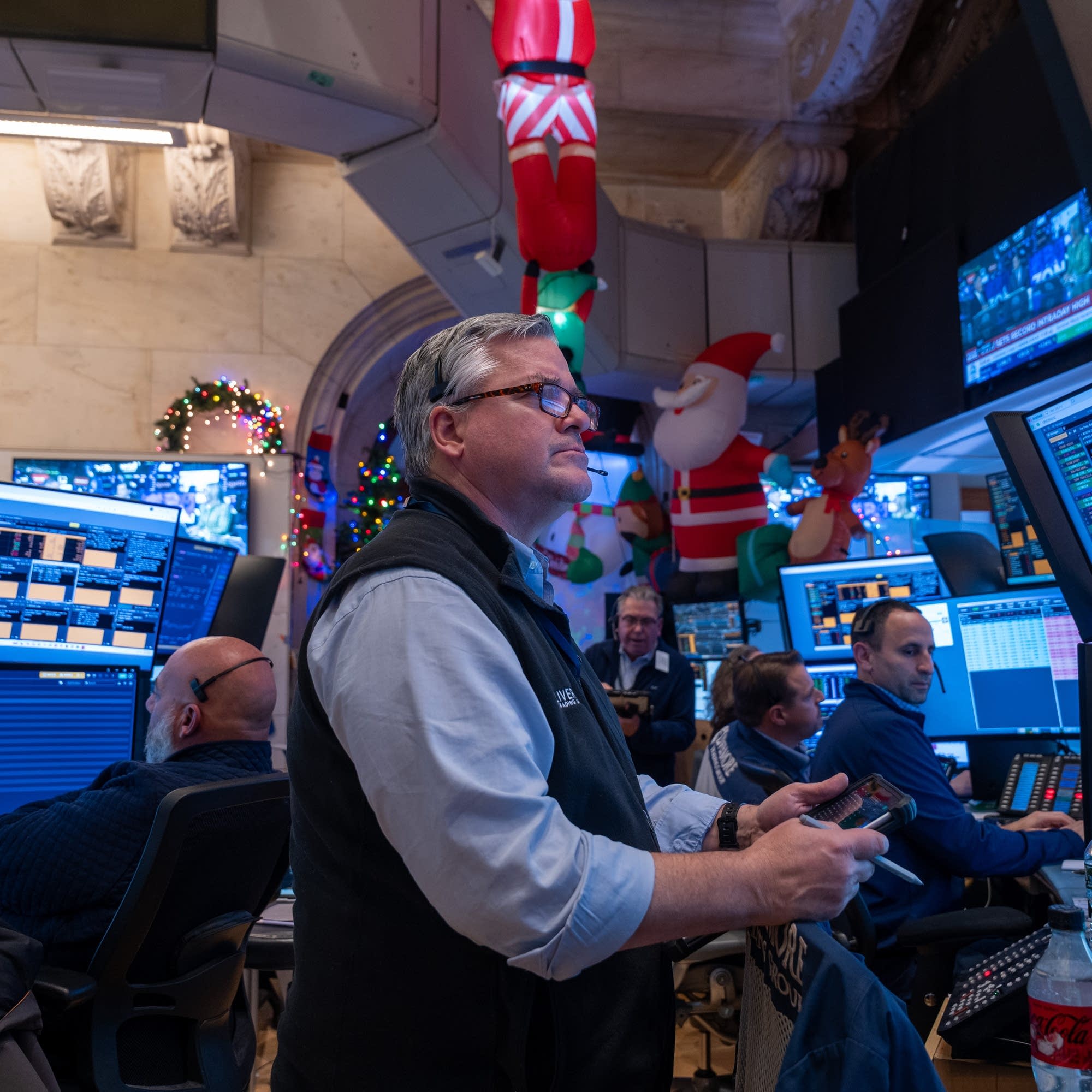
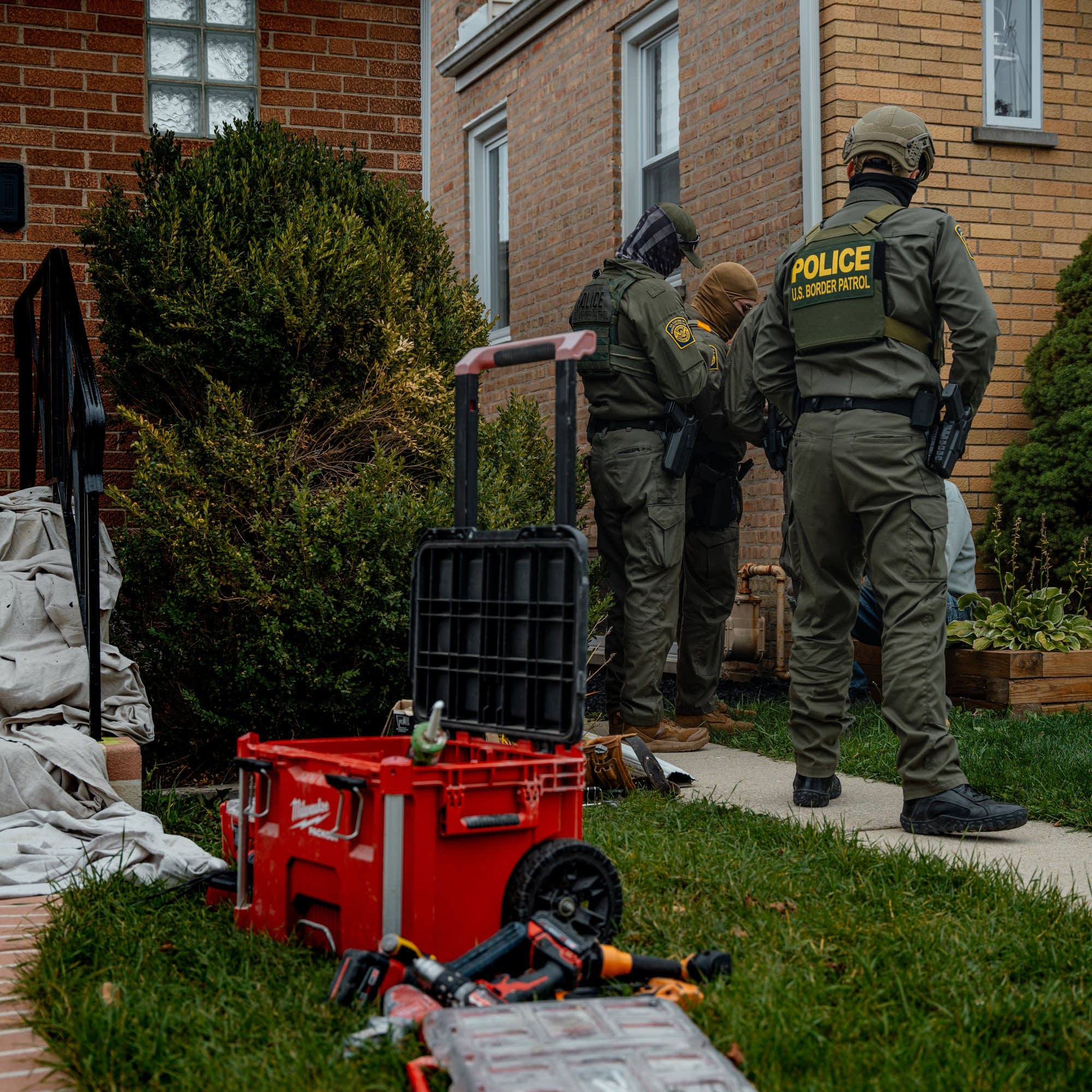

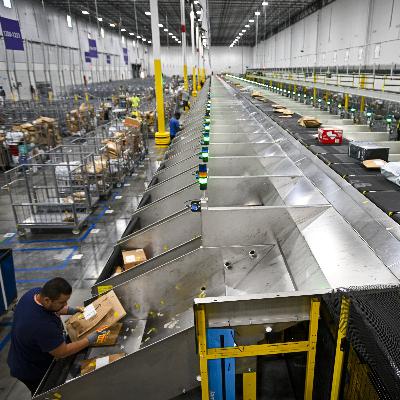


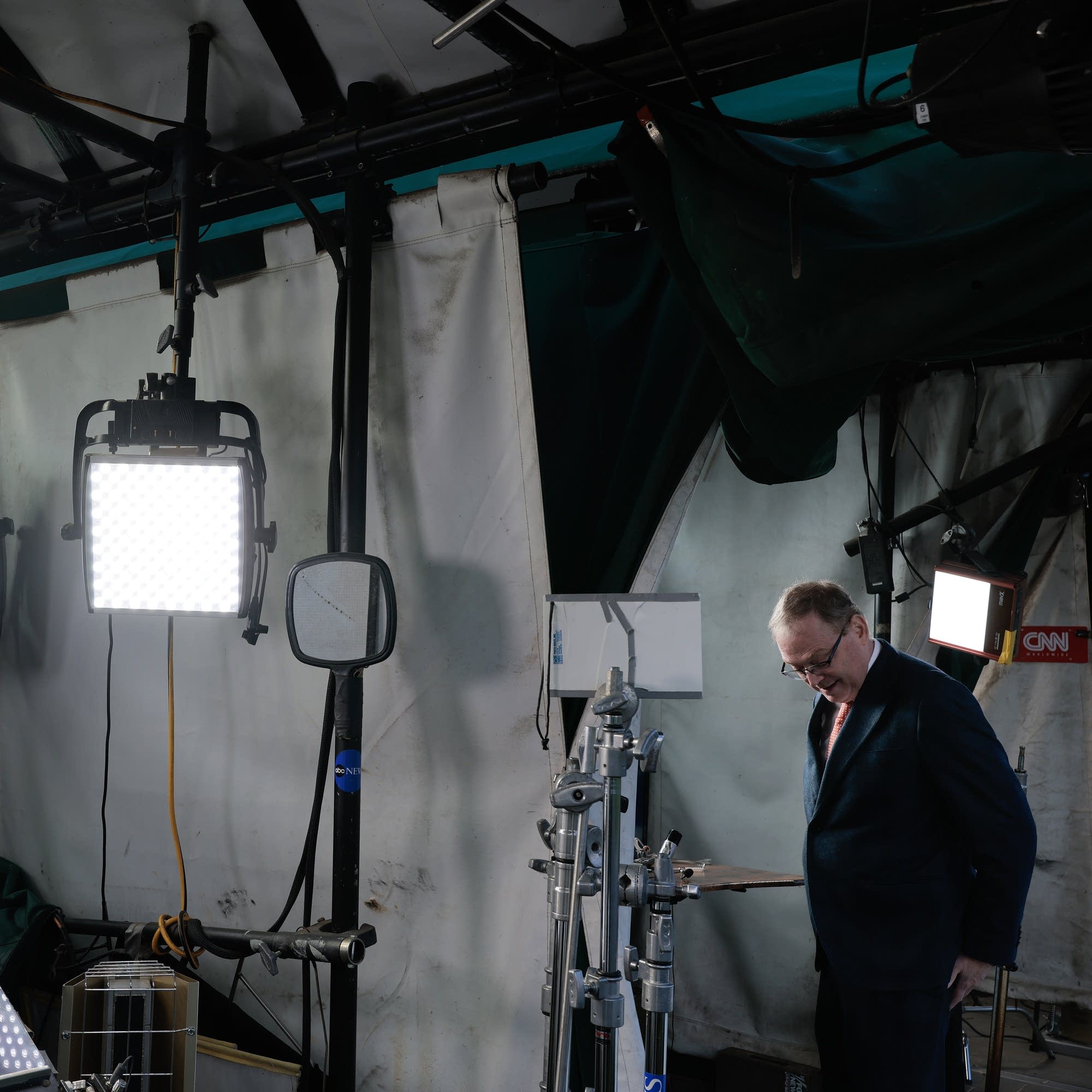




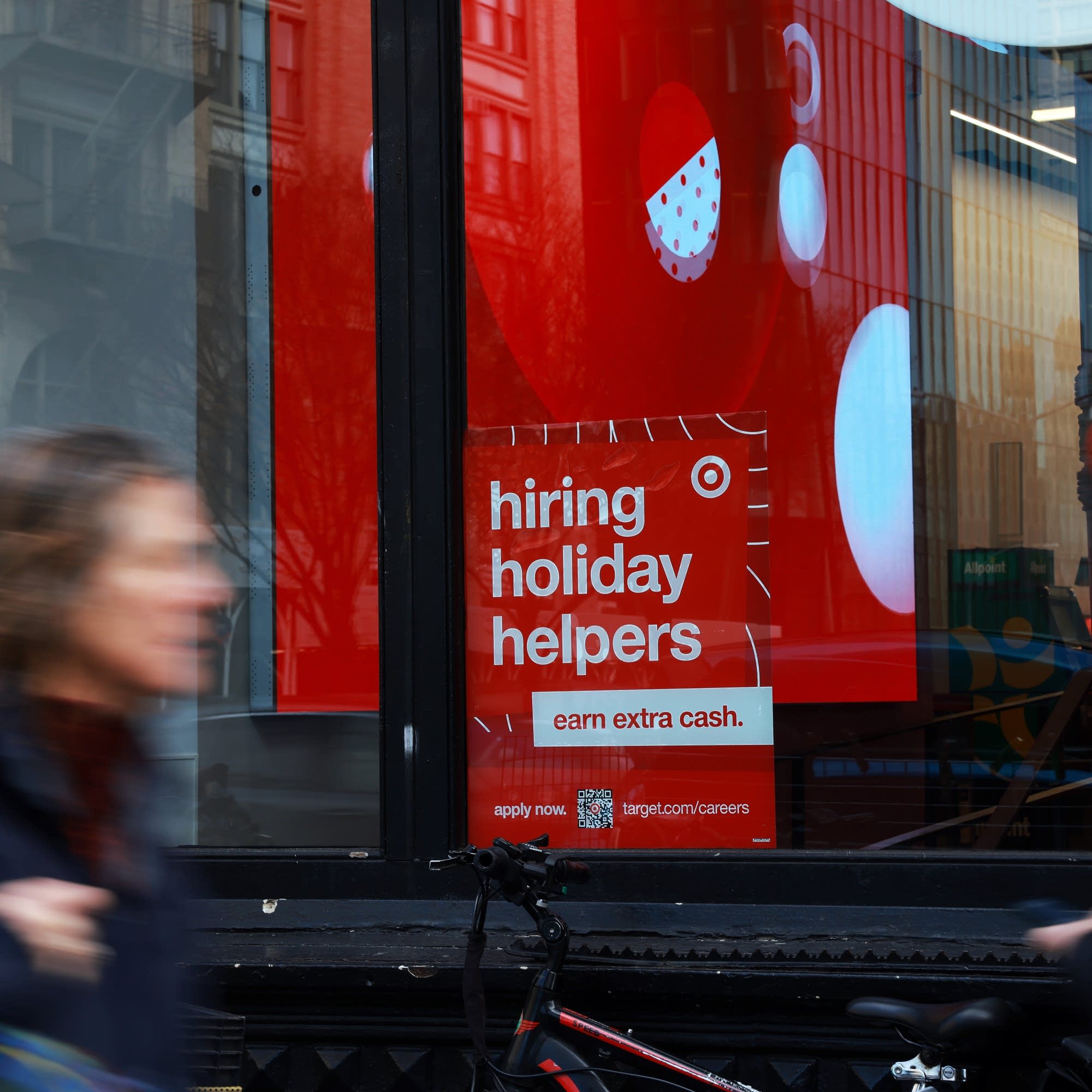
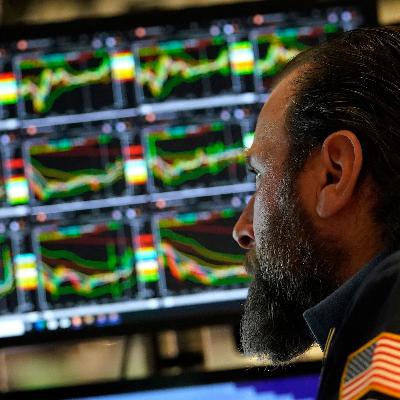

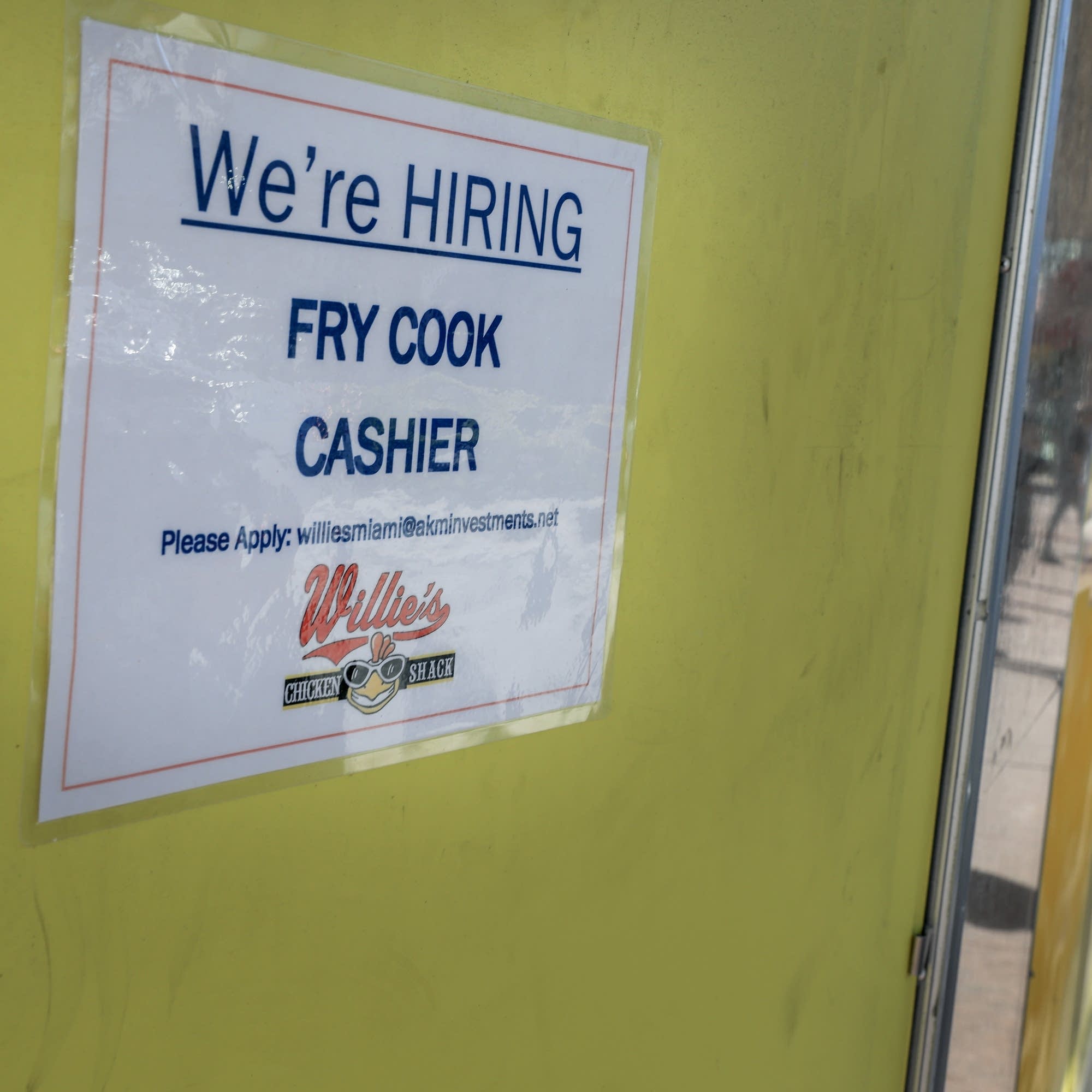

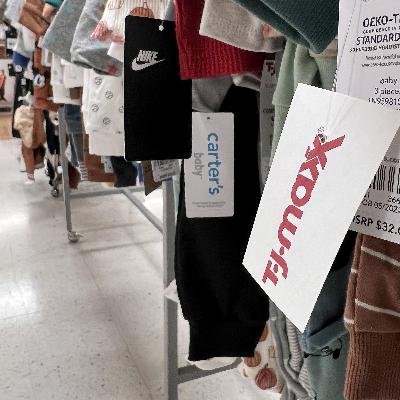
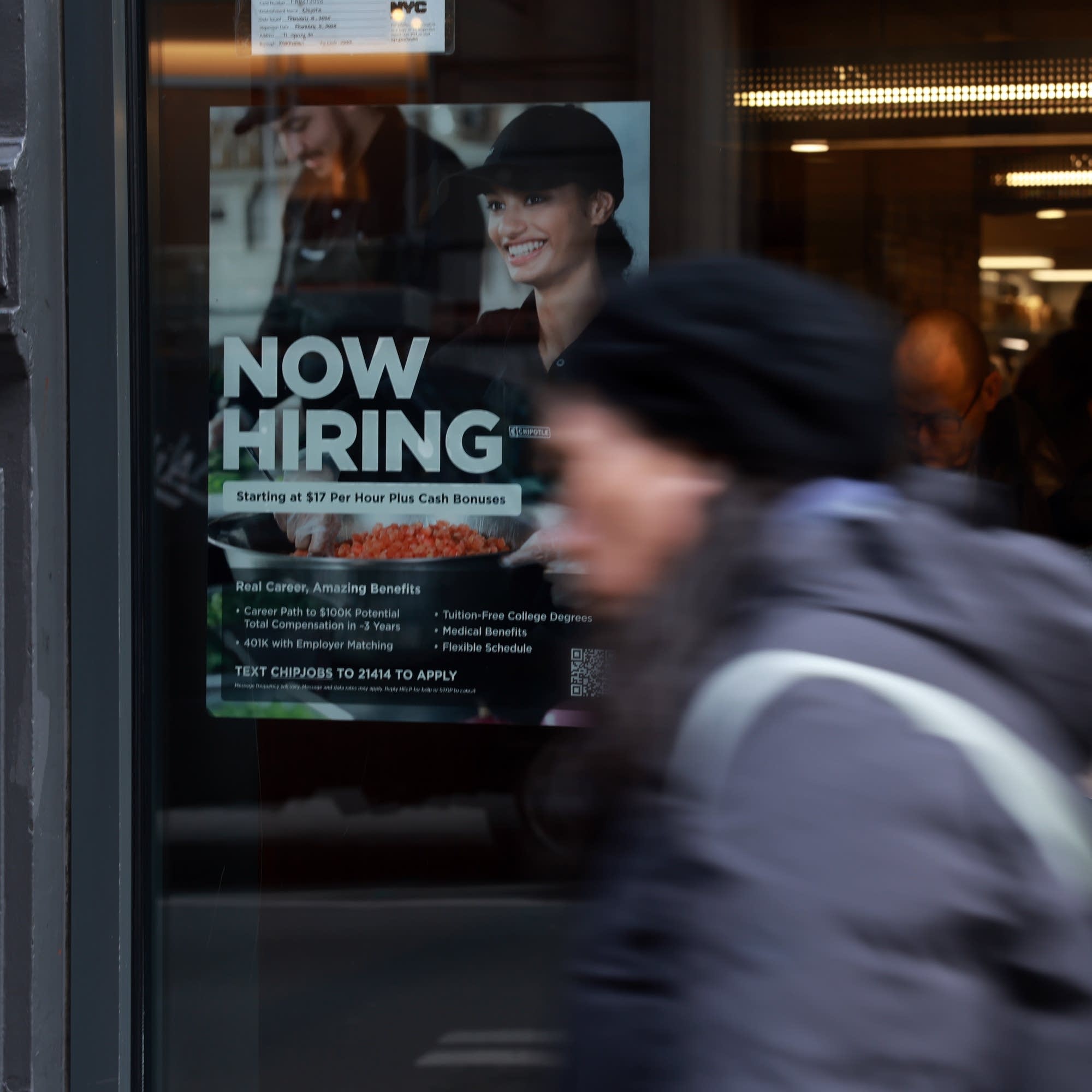





TDS?
TDR?
I guess tugboats were not needed to prevent bridge damage.
All that discussion of Trump's meme coin with no mention of Trump's personal ownership and control of a large quantity of them? No mention of the unlimited opportunity for untraceable bribes and grift? No mention of Trump's documented history of shakedowns for favorable treatment?
I have been using the business consumer reviews site for quite some time now, and I must say, it has been a game-changer for me. The user-friendly interface makes it incredibly easy to navigate and find the information I need. The reviews are detailed and informative, giving me a clear picture of what to expect from a particular business, for more information visit and read https://www.pissedconsumer.com/ . I appreciate the transparency and honesty of the reviews, as it helps me make informed decisions when choosing where to spend my money. Overall, my experience with this site has been nothing short of excellent, and I highly recommend it to anyone looking for reliable and trustworthy business reviews.
2025 could be the year of small AI as advancements in efficiency, scalability, and accessibility make it easier for businesses and individuals to harness AI's potential on a smaller scale. Exciting times ahead!
$100 Registration Bonus Eksklusibo sa jet!
Maging Miyembro ng daddy at Makatanggap ng $100 Agad!
Magsimula sa fresh: Makakuha ng $100 Welcome Bonus!
Magsimula sa fresh: Makakuha ng $100 Welcome Bonus!
sherbet Registration Bonus: Libreng $100 Para sa Mga Bagong User!
Magparehistro sa supernova at Makakuha ng $100 Bonus Kaagad!
Magparehistro sa supernova at Makakuha ng $100 Bonus Kaagad!
Sumali sa jazz Ngayon at Kumuha ng $100 Welcome Bonus!
Sumali sa jazz Ngayon at Kumuha ng $100 Welcome Bonus!
Simulan ang Iyong Paglalaro sa 500 casino na may Libreng $100 Bonus!
$100 Bonus Agad Para sa Mga Bagong User ng highway!
Bagong User? Sumali sa sol at Makatanggap ng $100 Bonus!
Makakuha ng $100 Bonus Kapag Nagparehistro sa exclusive Ngayon!
Climate change. It didn:'t help setting 3 fires to spontaneously grow and take advantage of the Santa Ana winds to bring the housing lots back on the market, and then hint that multiple family housing should replace all of those private homes.Forcing sell-off of obviously damaged property to those that can profit buy rebuilding, and maybe Miami highrise style that corporations own, and not the cozy wannabes that just think of themselves. How dare they. Think huge glass towers. Miami 2.0